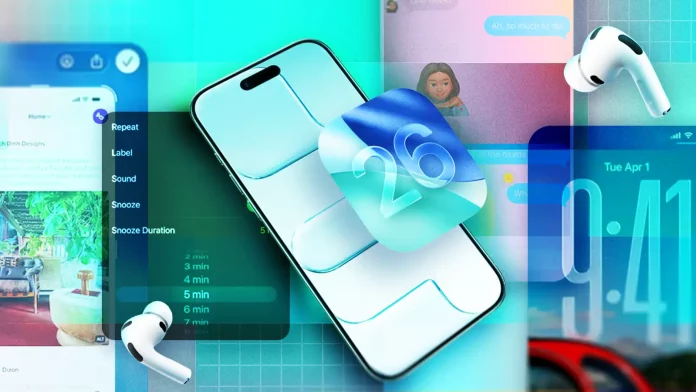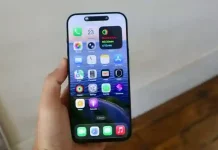Apple is testing a new layer of security for AirDrop with the release of the first iOS 26.2 beta. As discovered by MacWorld, the company is developing a privacy feature that could require users to enter a PIN code when connecting AirDrop for the first time between two devices.
If introduced, this would represent AirDrop’s most significant privacy upgrade since the launch of NameDrop in iOS 18 and the introduction of the “Everyone for 10 minutes” restriction in iOS 16.2. Interestingly, Apple initially implemented that 10-minute limit in China after activists reportedly used AirDrop to spread protest messages critical of Xi Jinping’s government.
What Might Be Behind Apple’s Move
This latest AirDrop change could also reflect Apple’s efforts to comply with the European Union’s Digital Markets Act (DMA). The legislation requires Apple to ensure greater interoperability between its software ecosystems and third-party developers. As part of these obligations, Apple will have to support alternative sharing and streaming systems similar to AirDrop and AirPlay, potentially prompting this renewed focus on privacy and security protections.
How the AirDrop PIN Feature Could Work
According to references found in the iOS 26.2 beta code, users may need to create an AirDrop PIN that recipients will enter to initiate a transfer. Mentions of “AirDropPINPairing” and “AirDropPrivacyImprovements” support this theory, suggesting Apple is building a pairing system that safeguards the first connection between users.
Further reports from 9to5Mac claim that the new PIN system could allow paired devices to remain connected when nearby for up to 30 days, making repeat file exchanges faster without compromising security. At present, AirDrop includes three visibility modes: “Receiving Off,” “Contacts Only,” and “Everyone for 10 minutes.”
Looking Ahead
Since iOS 26.2 has only just entered its beta cycle, it may be several weeks before Apple reveals more details or confirms whether the AirDrop PIN requirement will make it into the final release. Alongside this, Apple is also reportedly expanding Live Translation availability across Europe and refining the Liquid Glass interface.
As iOS 26.2 evolves, we’ll continue tracking Apple’s latest experiments in privacy, interoperability, and user experience.





